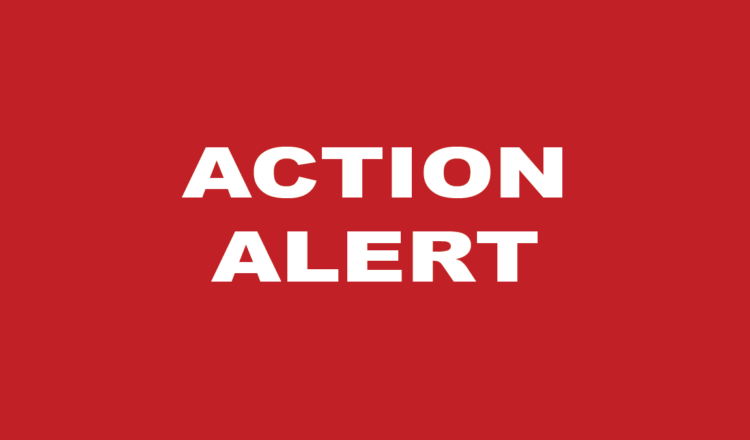Middlemen claim to negotiate discounts on drugs and medical supplies for insurance plans and hospitals. “The money saved is supposed to … benefit patients,” explains Marilyn Singleton, MD, JD.
But too often, the middlemen keep most or even all of the difference. They call the discount a “rebate,” but in truth it is essentially a kickback. This hurts patients in a number of ways. It increases costs while reducing quality of care. For example patients are steered towards the most expensive drug instead of the one that is the best option for their medical needs. In addition, “pay-to-play” schemes create shortages of even the most common supplies.
That is why before leaving office, President Trump directed the U.S. Department of Health and Human Services (HHS) to end special favors, given by previous administrations, that protect those who profit from kickbacks from prosecution under the Anti-Kickback Statute (AKS). His order would ensure that lower prices would be passed directly to patients instead of going into the pockets of middlemen.
Unfortunately the new administration has halted these good changes.
The good news is there is an opportunity to make your voice heard. Every year the HHS Office of Inspector General (OIG) is required to solicit comments on safe harbor provisions of the Anti-Kickback Statute. This year the comment window is open until February 16 at 5pm Eastern.
Here’s what you can do:
1) Copy the below template comments.
Thank you for the opportunity to provide comments on abuse of safe harbors to the anti-kickback statute (AKS).
I urge HHS to move forward with the Part D rebate rule finalized under the previous administration instead of delaying it further. It is past time that discounts on drugs are passed along directly to patients instead of being kicked back into the pockets of middlemen.
In addition, the Office of Inspector General (OIG) must not sidestep its responsibility to investigate and end abuse of current AKS safe harbors, for example 42 CFR § 1001.952(j) and related regulations. This safe harbor for Group Purchasing Organizations (GPOs) has unleashed an epidemic of kickbacks in the medical supply chain which has spread into pharmaceuticals through similar exploitation by Pharmacy Benefits Managers (PBMs).
Physicians Against Drug Shortages estimates that safe harbor facilitated kickbacks increase “annual supplies costs by at least 30%, or upwards of $100 billion … and the prices of drugs … by at least $100 billion annually as well.” See http://www.physiciansagainstdrugshortages.com/ for details.
HHS should further work to stop both GPO and PBM misuse of safe harbors by encouraging Congress to repeal 42 U.S.C. § 1320a-7b(b)(3)(C), a key statute that shelters harmful schemes. Shortages, unaffordability, and improper steering of patients to the most profitable product, instead of the one that best meets patients’ needs, are driven in part by this AKS safe harbor. For example, sole-source contracts, facilitated by kickbacks, are an anti-competitive feature of many GPO arrangements with hospitals and manufacturers, which increase the risk of shortages and push prices higher. For more details see http://jpands.org/vol23no2/singleton.pdf.
OIG should exercise the full authority it has to examine details of transactions and agreements between these middlemen, manufacturers, hospitals, and others.
Thank you for your consideration of the above concerns and reforms. The bottom line is this: kickbacks harm patients and HHS must not support policies that prioritize the interests of middlemen above patients. It is time to excise the middlemen who profit without adding value and too often cause harm.
2) Visit the Regulations.gov comment portal, paste the comments in to the comment box, and click submit. The comment portal is available at:
https://www.regulations.gov/comment?D=HHSIG_FRDOC_0001-0440
Thank you for speaking out! Your voice makes a difference.




